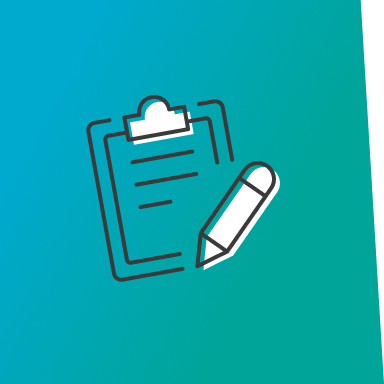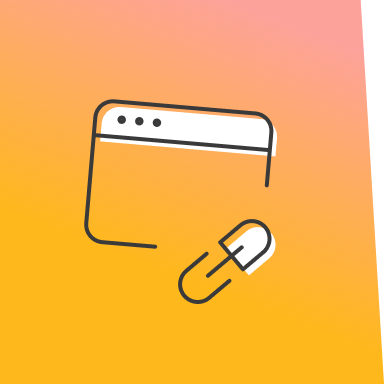Who can make a self referral?
We encourage you to make a self referral to our service if you are:
- Experiencing depression, anxiety, PTSD or sleep issues
- 16 years of age or older
- Ready to start working on your problems and able to attend regular appointments
- Registered with a GP in Somerset, see the map above
- Not currently receiving support from other mental health services.
If you are registered with a GP outside of Somerset please contact your GP and ask to be referred to your local Talking Therapies service or use this link to find a service local to you Find an NHS Talking Therapies Service.
We do not cover North Somerset, Bristol, or Bath and North East Somerset.
We are not a crisis service. If you need urgent help please see this webpage Mental Health Crisis to find urgent support.
What happens when I refer?
We will review your referral and then if appropriate contact you to book your assessment appointment.
Please note
- if you are flexible
- can prioritise your assessment appointment
- can prioritise times you are available for treatment your wait will be quicker.
- we advise you to prioritise your availability to get the help you need sooner.
Please also note that if you opt for online guided self help via SilverCloud and this is deemed suitable for you, you will not need to wait for an assessment appointment or treatment appointments.
You can sign up for this using the link below
What if I am not suitable for your service?
If we are unable to meet your needs we will do our best to find the service that can help.
Assessment Waiting Times
Depending on the number of referrals and the complexity of your case and your own availability, you may wait:
- Step 2: Between 1 and 12 weeks
- Step 3: Between 2 and 18 weeks
Treatment Waiting Times
After your assessment, the waiting times for treatment vary by service:
Your treatment offer will be either be a Step two treatment or Step three.
Step Two Treatment
A PWP will complete an assessment and if suitable will immediately offer treatment with the same PWP for a better patient experience and outcome.
You will be offered up to 5 treatment sessions, lasting up to 30 minutes and usually offered by telephone.
It is important that you can have your sessions in a private and confidential space and that you are able to prioritise your sessions.
There will be between session tasks, and it is important for you to commit to these to get the most out of your sessions.
Following completion of these sessions you will usually be discharged, signposted, or stepped up/across for additional support.
Step 2 Psychological Wellbeing Practitioner Guided Interventions
- Online CBT: Within 2 weeks
- Guided Self-Help (telephone): Within 2 weeks
- Groups: Within 4 weeks . There are various groups available Courses – NHS Somerset Talking Therapies – Somerset NHS Foundation Trust
Step Three Treatment
Following your assessment, you will be given a list of resources that will help you prepare for therapy. We strongly encourage you to use these resources to help you get the most out of your therapy treatment.
Initially, approaching problems can be challenging, so it is not unusual to notice an increase in anxiety/low mood symptoms when starting therapy. However, your therapy journey will start to give you the time, skills and understanding to process and work through these difficulties and towards long-term improvements. It is important to prioritise sessions for you to get the most out of therapy.
Therapy is usually offered via our online video platform. It is important to ensure you have a private and confidential space to have your sessions. Sessions are usually held weekly and last for up to 60 minutes. We normally offer eight therapy sessions and will regularly review how you are finding therapy. There may be homework elements to your treatment, and it is important for you to commit to completing this to get the most out of therapy.
Step 3 CBT (1:1 Therapy)
- Priority cases: Seen within 12 weeks of assessment
- Non-priority cases: The longest wait is currently up to 48 weeks
Step 3 Psychological Therapy (1:1)
- Priority cases: Seen within 8 weeks of assessment
- Non-priority cases: The longest wait is currently up to 47 weeks






